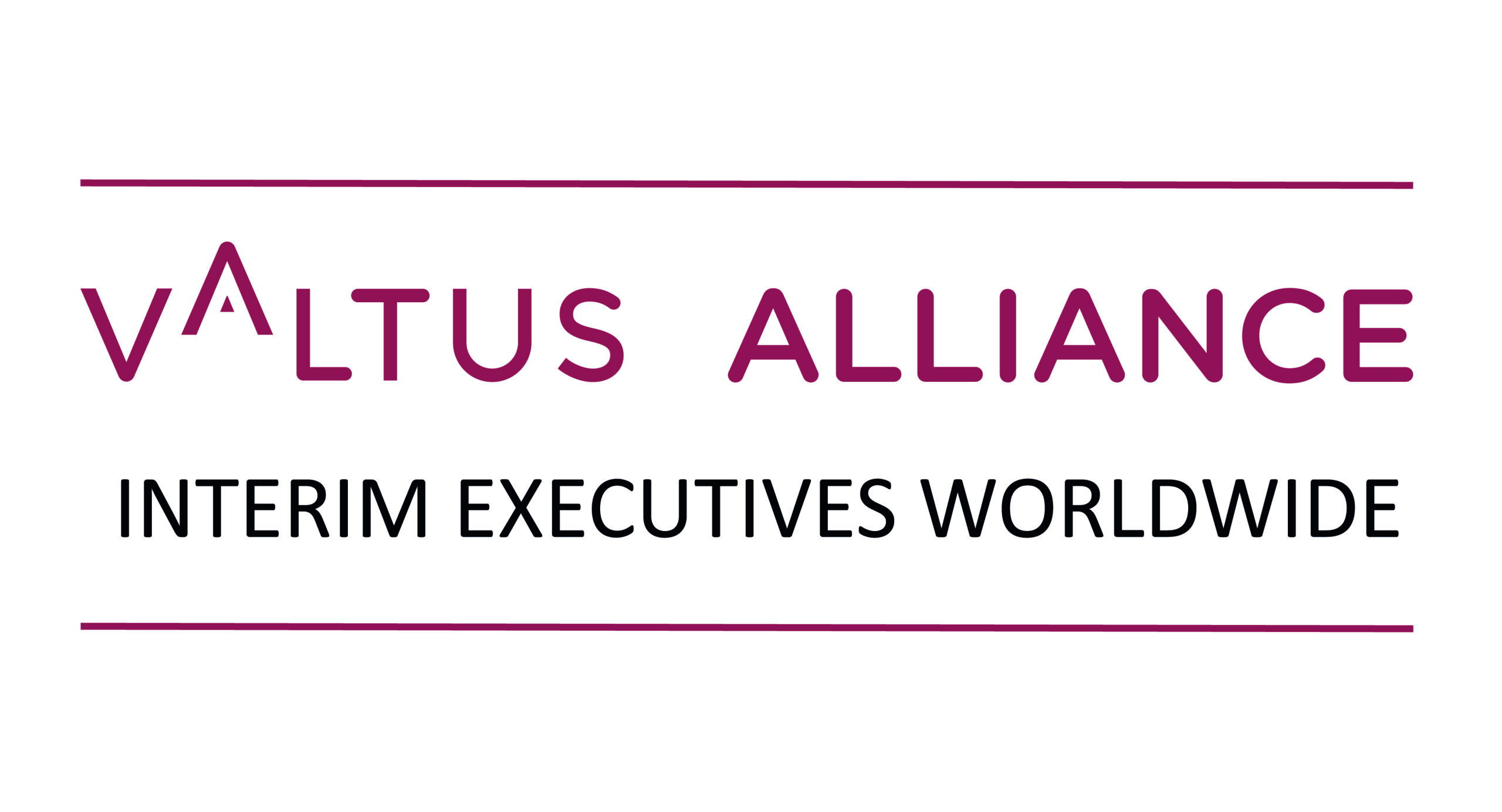Nowadays, Net Zero is a hot topic that keeps corporations busy. But why does it matter so much in terms of corporate governance? Which impact does the increased importance have? Which skills do leaders need to cope with the new and complex reality?
There was a time that managers led, and shareholders followed. However, corporate governance, as a social science, evolved and acquired a strong international dimension in the 1990s. The paradigm shifted towards a growing shareholder orientation which led to new regulations, structures and reporting standards defining how companies are expected to be run.
But now, as a result of growing focus on ESG (Environmental, Social and Governance), corporate governance structures are under increased scrutiny and are expected to explain their purpose, how they cope with corporate social responsibility and not only meet the requirements of their shareholders but also generate stakeholder confidence. Corporate governance models are transforming due to the shift towards triple-bottom thinking, including people, planet and profit. Investors expect from corporations that they incorporate Net Zero commitments into the company’s strategy and directors need to ensure that it is a part of their oversight responsibilities.
Strategic leadership
The complexity of running a business has increased at the same pace too and requires a new level of strategic leadership.
“There is a need for a new leadership model that reshapes leadership for the future.”
Boards are struggling with defining non-financial metrics that ensure the implementation of net-zero business models and the growing concern to contribute to societal progress. Furthermore, there is a need for a new leadership model that helps them reshape leadership for the future and have strategic leaders in place who are able to cope with this increased complexity.
There are boards and organisations to be found at the forefront of this transformation that probably act as role models and whose corporate governance practices can be seen as exemplary in the way they deal with the new demands described above.
Special qualities
The required digital, Net Zero and sustainable lifestyle transformation will have an impact on the way Marketing, Finance, Human Resources, and all other functional domains needs to be addressed. This transformation will additionally require those taking up these roles to have the capability to meet the increased accountability.
But the expectations placed on directors are also subject to a paradigm shift. The experience someone brings is no longer relevant to suitability for a particular company, but they are evaluated rather by the extent to which he or she can fully empathize with this new reality. Contributing to increasing the eco-efficiency of an organization’s operations is perhaps the fastest and least complex added value that may be expected. Contributing to the debate around Net Zero, circular and digital business models and even transformations of the eco-system of the sector in which a company operates require different qualities.
Our selection procedures for leaders and board members enable us to make those qualities visible and in this way also allow us to contribute to an economic reality where people-profit-planet is trying to find its balance.
What impact would VALPEO’s methodology have in coping with the new and complex reality?
Subscribe to Ripple, the newsletter
Gain expert advice, innovative strategies, and actionable insights to drive sustainable growth and empower your organisation to thrive in today’s dynamic business landscape.



